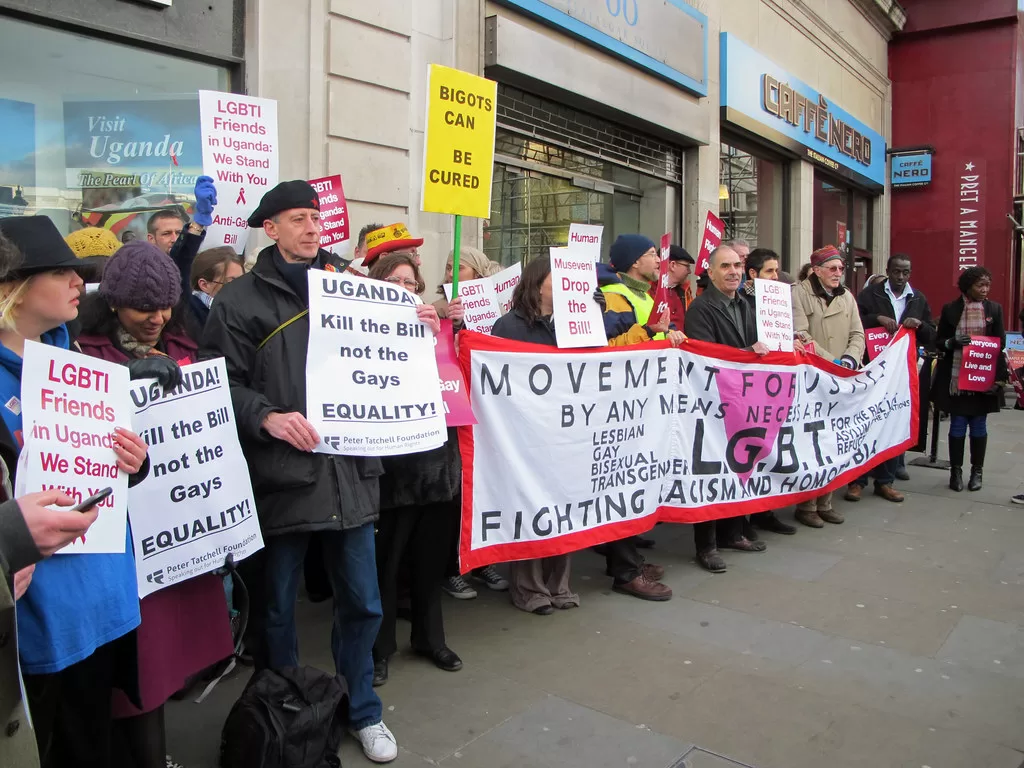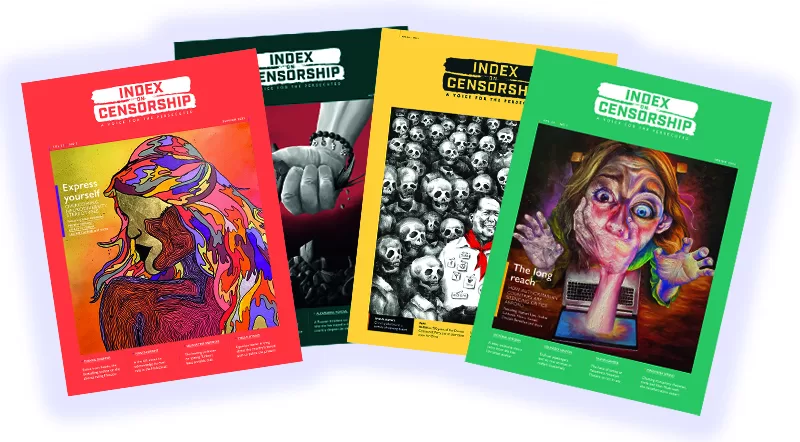“The challenge in terms of free speech is quite profound, actually.” These were the words of the UK’s new prime minister, Keir Starmer, in an interview with Index back in 2013. At the time Starmer was head of the Crown Prosecution Service and in the interview discusses the challenges of balancing free speech rights on social media, very much debates we are still having today.
It was not a cameo for Starmer and Index. At the end of that year he was on a panel organised by Index on self-censorship in the arts. The following year he was again interviewed by Index, this time for the magazine under former editor Rachael Jolley, who met him at Doughty Street Chambers, which he helped found as a young human rights barrister. The pair discussed online regulation, alongside whistleblowing and the Human Rights Act. A year after this interview Starmer was a judge on Index’s Freedom of Expression Awards.
The author of several books including the Three Pillars of Liberty: Political Rights and Freedoms in the UK, and the man behind high profile cases like McLibel (where he acted for environmental activists against McDonald’s) and a 2005 case in which 400+ people in Uganda got off death row, Starmer has a decent record when it comes to human rights more generally. But of free speech particularly his views are more complicated. In the interview with Jolley, he said free speech was a qualified, rather than an absolute, right:
“I don’t accept the proposition that you can say what you like, when you like, without any limits at all. Having it as a qualified right under the convention, hence the Human Rights Act, seems to be a sensible approach where you can …assert the right and then it’s for whoever wants to restrict it to demonstrate why it should be restricted and then it’s got to be necessary and proportionate.”
That he qualifies the right to free speech might explain why Starmer has disappointed some people since being elected to the House of Commons in 2015, on both sides of the political spectrum. In the weeks leading up to yesterday’s election there were a flurry of stories lambasting him, and Labour more broadly, for their record. These articles often highlighted the fact that Labour was the party pushing “legal but harmful” in the Online Safety Bill (something Index campaigned successfully to be removed and which Labour has pledged to legislate for again once in power) and that Starmer hasn’t committed to repeal the Public Order Act, which places unprecedented restrictions on protests, making it easier to lock up activists.
The purpose of this newsletter is not to go deep into Starmer’s record – that would take too long and has been thoroughly covered by the British media. We also have time for someone who is thoughtful and considered, not least because free speech itself is not always free from complication. In the Jolley interview she wrote of him: “Sir Keir is one of those incredibly bright people, who has the ability to discuss complex ideas, and get to the guts of them, using down-to-earth language that makes it possible for non-lawyers to understand.”
Today is a new dawn in the UK after 14 years of the Conservatives in power, a party that introduced many restrictions on free speech and threatened to opt out of the European Convention on Human Rights. They leave behind a country divided and with many areas that need to be urgently addressed in terms of censorship. What’s clear though is that we can’t assume Starmer will be a champion of all things anti-censorship either.
We will be sending him our action points to restore free speech in the UK and I hope to meet him soon to press Index’s case. While we believe that our prior relationship with him and his background in human rights law means he’ll be open to us and our campaigns, we won’t be afraid to criticise him when he and the Labour government get it wrong. At the same time, we will remember to praise him when he gets it right.
Welcome to Number 10 Keir! We wish you all the best.





